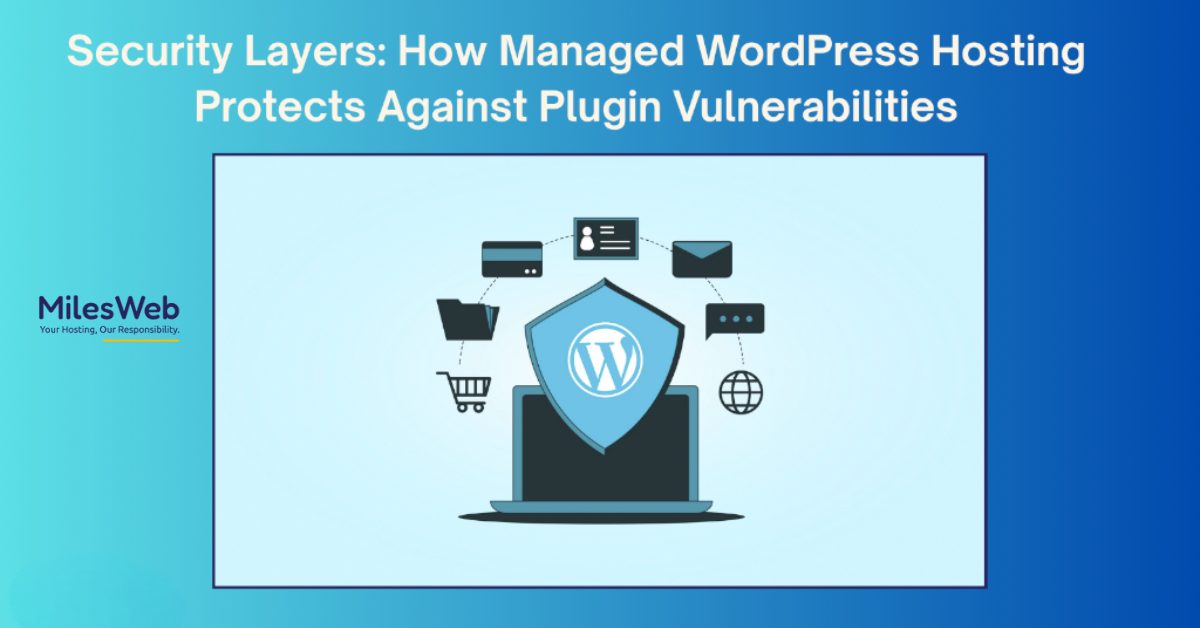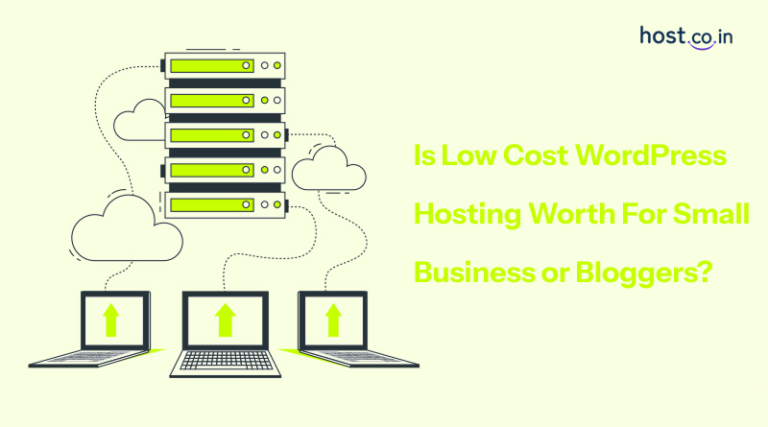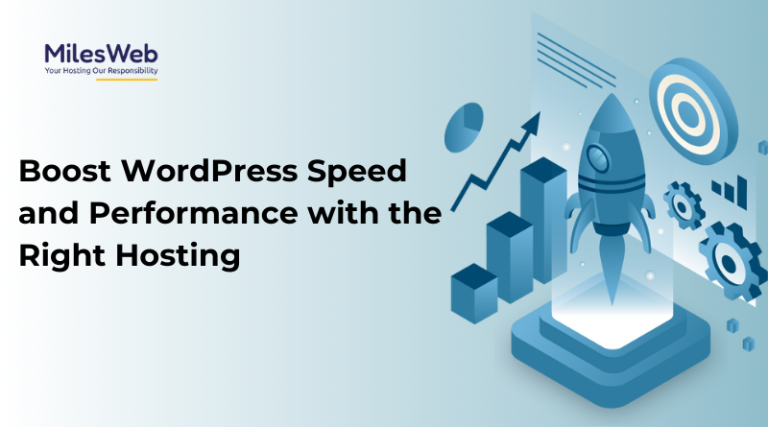Security Layers: How Managed WordPress Hosting Protects Against Plugin Vulnerabilities
WordPress powers more than 40% websites worldwide. But it has also become a prime target for hackers. Plugins add essential website functionality, but also become a good source of vulnerability. Outdated plugins are vulnerable to malicious attacks and cyber threats.
WordPress managed hosting offers robust security measures. The web host provider implements multiple security layers, proactive monitoring, and automated patching. Managed hosting ensures plugin vulnerabilities don’t become catastrophic breaches. For businesses, this translates into peace of mind, compliance, and uninterrupted performance.
Ways Managed WordPress Hosting Secure Websites
1. Automatic Plugin Updates and Patching
Web hosting for WordPress offers automatic updates for plugins. It ensures the security fixes are applied soon after they are released. Manually updating plugins requires tremendous expertise and monitoring.
But web hosts like MilesWeb offer the best managed service that reduces your technical overhead efforts. It reduces the risk of running vulnerable versions, closing loopholes before attackers can exploit them. Businesses save time while maintaining up-to-date security across their websites.
2. Malware Scanning and Threat Detection
Managed WordPress host continuously scans WordPress websites for malware and unusual activity. Malware scanning is helpful to detect suspicious files, injected code, or invalid redirects. A stitch in time saves nine, so early detection helps users stop vulnerabilities from turning into large-scale breaches.
Threat detection systems combine signature-based and behavioural scanning. It means they spot both known malware and zero-day exploits. By blocking attacks early, businesses avoid revenue loss, data theft, and reputational damage.
3. Web Application Firewalls (WAF)
A Web Application Firewall (WAF) is a crucial managed WordPress security component. It filters and blocks malicious traffic. Also, it blocks SQL injections and cross-site scripting (XSS). Thus, it is a strong protection layer against plugin-based exploits.
The firewall sits between the internet and the website, analysing requests in real time. Harmful requests are denied before they reach the application. This proactive filtering ensures plugins cannot be misused as backdoors for attackers.
4. Isolated Hosting Environments
For some websites, you get the VPS hosting environment that gives complete isolation to each website. This compartmentalization ensures that even if one website is hacked, others on the server remain unaffected. It prevents plugin vulnerabilities from spreading across accounts.
Resource isolation enhances performance by dedicating them to each website. Unlike shared hosting, where loads and risks are distributed, managed setups prioritize security. This design ensures resilience against plugin-level threats.
5. DDoS Protection and Rate Limiting
Hackers use plugin vulnerabilities to launch DDoS attacks on websites. Managed WordPress hosting comes with DDoS protection and rate limiting, which blocks excessive requests on the dyno to protect your site’s performance and uptime when traffic overwhelms your website.
DDoS layers act as shock absorbers by removing targeted attacks before they affect your core dynamics. Legitimate users can still access your site without any trouble. This enables businesses to not only be available but also have consistency regardless of attempted attacks.
6. User Role Management and Access Controls
Weak access controls turn plugin vulnerabilities into successful breaches. Managed hosting enforces strong password policies, 2FA (Two Factor Authentication), and secure role assignments. These measures limit attacker access even if a plugin is compromised.
Granular role management makes sure that users are only granted the permissions that they actually need. Restricted admin rights reduce the chance for exploitation. Together, this creates a solid human-centered security solution.
7. Regular Backups and Rapid Recovery
Setting up a quick disaster recovery is crucial, as no system is invincible. Managed WordPress hosting offers daily backups and quick restore features. If a plugin vulnerability causes damage, websites are rolled back with minimal downtime.
Data backup ensures complete protection. Save time in the data recovery with one-click recovery, and businesses quickly bounce back from attacks. It prevents data loss, revenue impact, and extended disruption.
Conclusion
Plugins have strong powers, but they also have a danger that requires proper management. Managed WordPress hosting reduces the risks through the integration of firewalls, malware scanning, patching, and isolation. All these security measures prevent threats before they can actually harm them.
To businesses, it is not merely just a convenience; it is a question of safety, it is a question of trust. Using managed hosting, companies protect their webpage, their clients, and ensure they comply. It is as safe as it can get in the world where threats are a norm.




